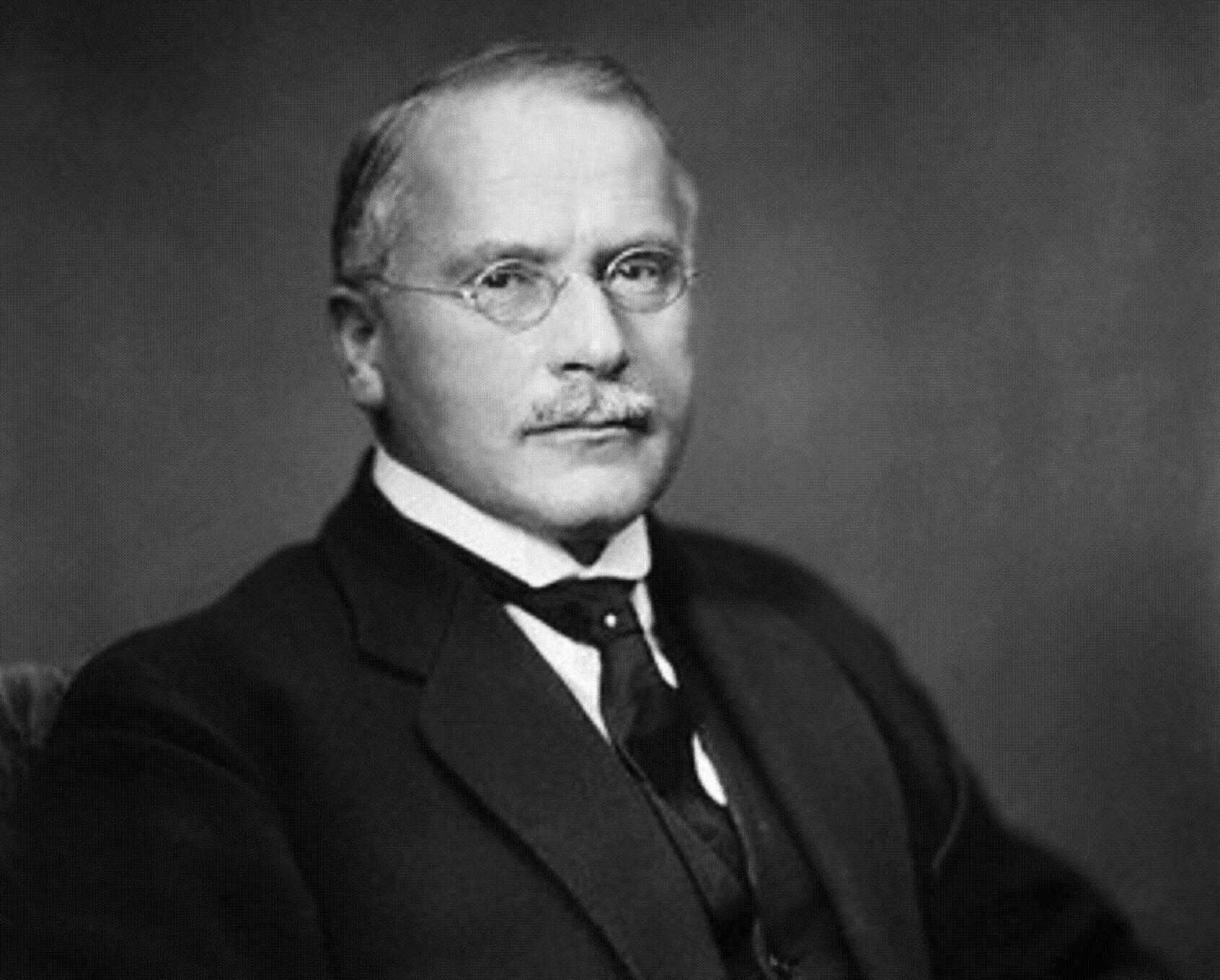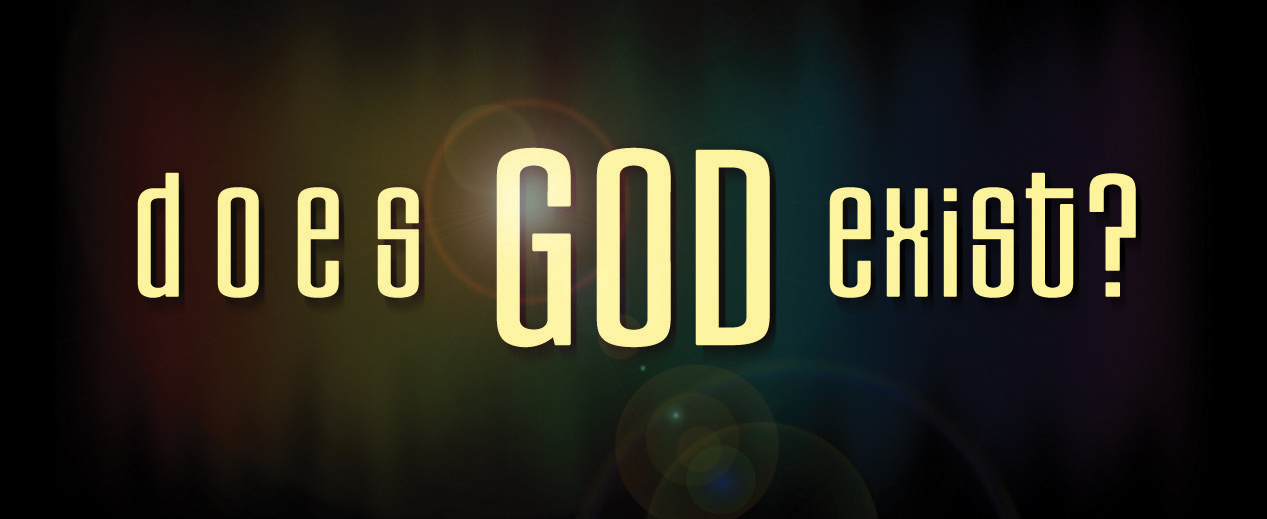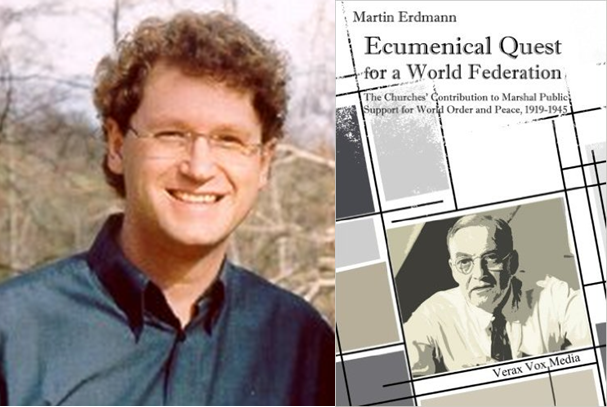
Carl Jung, born 1875 and died in 1961, may have more to do with the cultural direction we see today then one might realize. His influence and thinking has touched “not only psychiatry but also philosophy, anthropology, archaeology, literature, and religious studies” according to Wikipedia and is even seen today in “twelve-step programs, video games, novels, movies and educational materials used” according to Dr. Peter Jones. An early disciple of Freud, he parted ways and began a version of psychological wholeness that would find a basis in the spiritual realm. Unlike Freud, who believed religion was mythical and went so far as seeing it as a sickness in need of a cure, Jung saw “classical religion” (ancient pagan and mythological religion), as the vehicle to explain and solve human behavior and this healing would come through psychology and the wisdom found in cultures. This view led Jung to claim to claim that “we are on the threshold of a new spiritual epoch” and that he was developing “the worlds final, unitary religion”. The true nature of his quest can be scene in the this quote…
“I imagine a far finer and more comprehensive task for (psychoanalysis)…I think we must give it more time to influence people from many centers, to revivify among intellectuals a feeling for symbol and myth, ever so gently to transform Christ back into the soothsaying god of the vine, which He was, and in this way absorb those ecstatic instinctual forces of Christianity for the one purpose of making the cult and the sacred myth what they once were—a drunken feast of joy where man regained his ethos and holiness of an animal. That was the beauty and purpose of classical religion” (Richard Noll, Aryan Christ ,54)
Continue reading →




